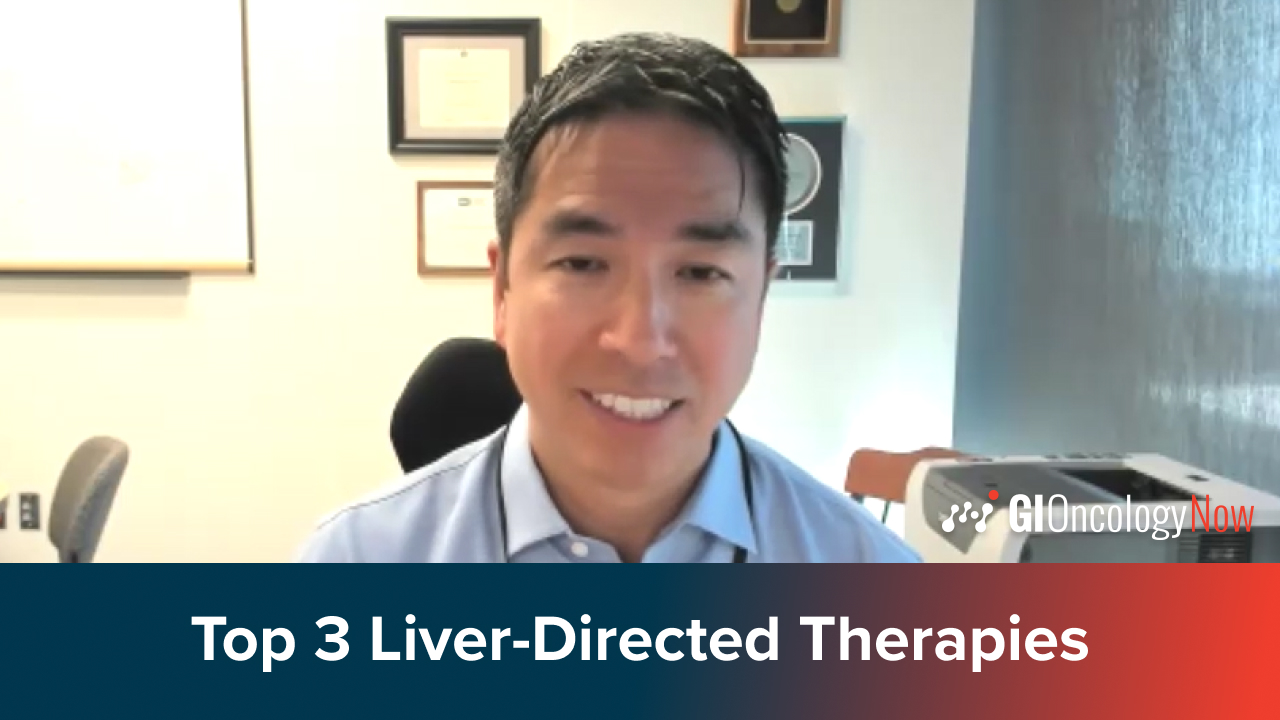
With early-onset colon cancer rates rising steadily since the mid-1990s, deciding how to optimally treat patients presents some challenges. The standard of care for stage 2 colon cancer is surgical resection with chemotherapy added for high-risk patients, although treatment can vary by age.
Jacob Leary, MD, and colleagues investigated the differing administration rates of adjuvant chemotherapy in patients with early- and late-onset stage 2 colon cancer to determine the best course of treatment to maximize outcomes.
Data from 1065 patients were collected from the nationwide Flatiron Health electronic health record-derived deidentified database from January 2003 to August 2021. The data collected included patient demographics, Eastern Cooperative Oncology Group Score, tumor stage and site, and chemotherapy.
Each patient had stage 2 colon cancer and were grouped by age in an early-onset group (18-49 years) or a late-onset group (50 years or older). The primary outcomes included rates of adjuvant chemotherapy administration by age and ethnicity, and secondary outcomes included overall survival (OS) and time to metastatic disease (TTMD).
The median age of patients with early- and late-onset colon cancer was 45 years versus 69 years, respectively. An adjusted multivariate analysis showed that patients with early-onset colon cancer underwent adjuvant chemotherapy significantly more often than those with late-onset disease.
In both cohorts, non-Hispanic patients received adjuvant chemotherapy at significantly lower rates than Hispanic patients. A subanalysis of stage 2A patients found that those with early-onset cancer were more likely to receive adjuvant chemotherapy than those with late-onset cancer.
There were no significant differences in OS or TTMD by age regardless of adjuvant chemotherapy administrations, but early-onset patients with stage 2A disease had significantly longer TTMD than patients who did not receive adjuvant chemotherapy.
A current bias exists in treatment practices for patients with stage 2 colon cancer, favoring postresection adjuvant chemotherapy in younger patients over older patients even in stage 2A disease, despite guidelines not supporting this practice.
Current treatment practices may put patients at a high risk of adverse events due to administering chemotherapy without substantial benefit, which can lead to a heightened risk for younger patients.






 © 2025 Mashup Media, LLC, a Formedics Property. All Rights Reserved.
© 2025 Mashup Media, LLC, a Formedics Property. All Rights Reserved.